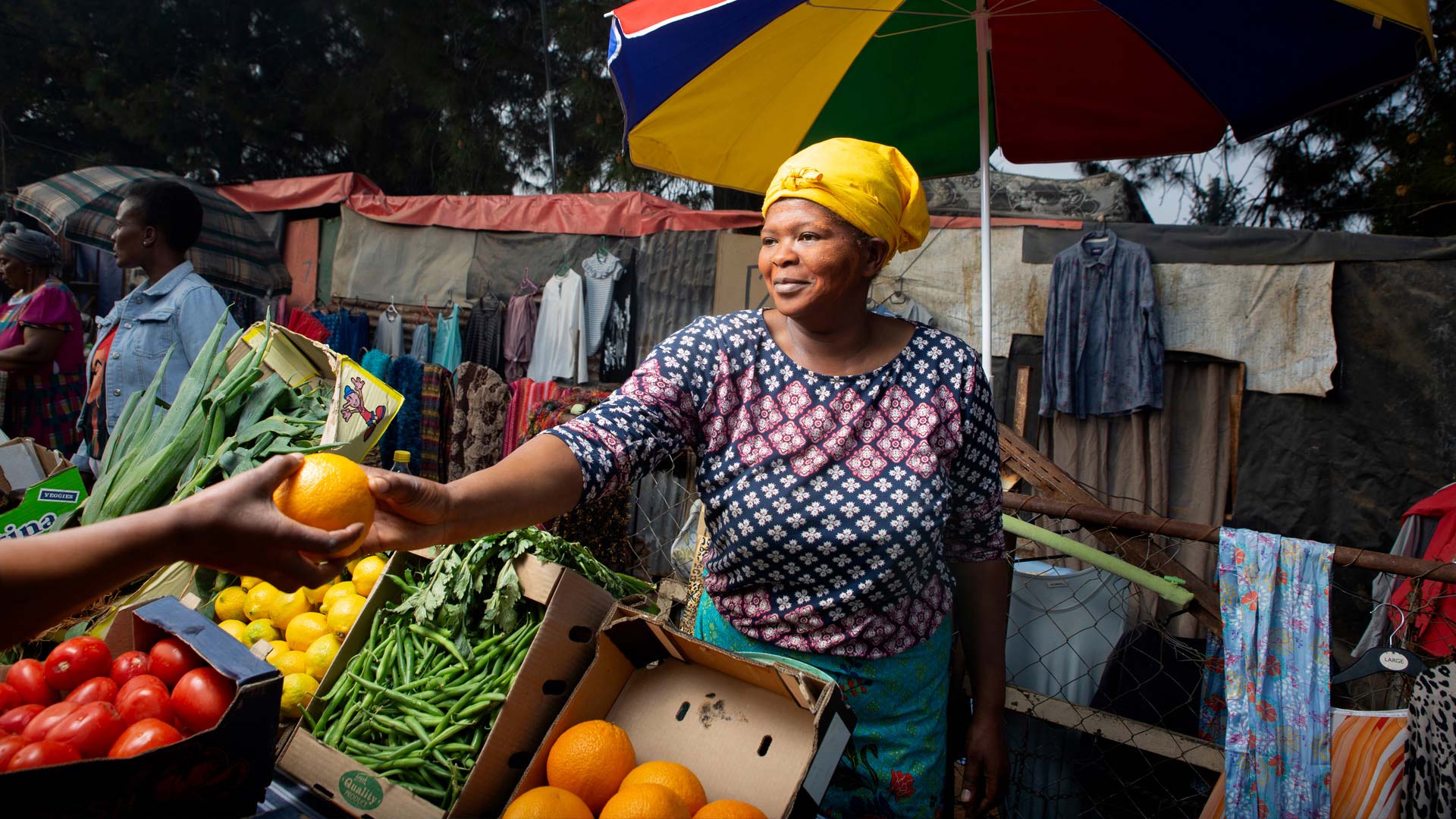The recent rollbacks of climate crisis funding by the US administration have had cascading consequences around the world, which again emphasise the need for urgent action by governments and businesses to mitigate climate risk, and the destruction it could cause.
Closer to home, South Africa’s manufacturing, mining, and agricultural sectors risk losing global competitiveness unless they take decisive action to respond to the economic and operational risks of climate change. Businesses around the world need to consider the strategic impact of climate destruction on their operations and revenues carefully.
The costs of the climate crisis
The costs of ignoring climate destruction are unimaginable, so building climate resilience into your business strategy is no longer a choice but a necessity. The stakes for South Africa and the world are extremely high, and climate resilience is now crucial for survival and competitiveness.
According to the Yale University publication Climate Connections, in 2024, 58 weather disasters around the globe caused over US$1 billion in damage – 20% higher than the 10-year average (adjusted for inflation) – with total damage wrought by extreme weather events to date reaching US$402 billion.
Export industries like wine and fruit, which collectively generate billions for South Africa’s economy, must adapt or risk losing ground in sustainability-driven markets. Businesses that lead with responsible practices in emissions reduction, waste management, and resource optimisation will emerge as industry leaders, strengthening their financial position and contributing to sustainable development.
The energy crisis and the Just Transition
South Africa’s energy crisis perfectly illustrates the cost of inaction on threats to business. Record levels of load-shedding in 2023 resulted in economic losses of R1.2 trillion – a stark reminder of our need to transition towards renewable energy. This transition offers more than energy stability – it aligns with global decarbonisation efforts and will reduce long-term costs.
Seeing resilience not as an operational cost, but as an investment in competitiveness
In his 2025 State of the Nation Address, President Ramaphosa outlined a renewed commitment to the Just Transition, announcing further planned investment of R1 trillion in renewable energy by the end of 2027. Similarly, sustainable water management is critical for operations in sectors like agriculture and industry, which together represent more than a quarter of South Africa’s gross domestic product (GDP).
Coal generates 80% of SA’s electricity through a massively water-intensive process. Most of our existing water supply is already allocated to industrial and social uses, leaving us with few reserves. Given these constraints, business resilience is crucial to stay competitive.
Funding climate resilience
Identifying vulnerabilities is the best foundation for building climate resilience – not only in business, but in every aspect of your life. Comprehensive risk assessments can uncover weaknesses that threaten your operations, from water insecurity in agriculture to risks related to new regulatory regimes like the Carbon Border Adjustment Mechanism (CBAM) in the EU. CBAM’s tariffs on carbon-intensive goods present material risks to your export business if it’s reliant on fossil fuels. Businesses that fail to address these vulnerabilities risk disruption, shrinking customer bases, and economic instability.
SA faces some unique vulnerabilities. Without a decisive strategy to adapt to renewable energy, expand investment, and create jobs in renewables, we will face significant economic consequences. Our business leaders need to build resilience into their strategic frameworks, ensuring alignment across supply chains, operations, and governance. This integration demands a multifaceted approach that marries immediate action with planning focused on the long term.
Financing remains a critical factor hindering this planning and integration. The funding gap of R1.5 trillion for our energy transition alone underscores the scale of the challenge. However, innovative financial instruments such as green bonds offer viable solutions. With global issuance reaching a record US$600 billion in 2024, green bonds are transforming sustainable finance. These instruments provide capital to fund projects with measurable environmental benefits, from renewable energy adoption to water conservation and ecosystem restoration.
To navigate the complexity of sustainable financing, businesses need partnerships with financial institutions that offer expertise in sustainability-linked loans and advisory services. These instruments can enable you to implement effective climate strategies without destabilising the financial health or operational continuity of your business. However, the success of these tools depends on businesses embracing them strategically, with a clear vision for measurable outcomes.
The opportunities presented by resilience extend beyond mitigation and risk management. Businesses that integrate sustainability into their core operations can innovate, capture new markets, and help create a sustainable future. This perspective requires a fundamental shift of seeing resilience not as an operational cost, but as an investment in competitiveness, relevance, and leadership in an evolving global economy. The real question is not if your business can act, but if you are prepared to lead.
Nedbank once again demonstrated our commitment to green energy in 2019, when we became the first South African bank to issue a Green Bond. More recently, in 2023, we followed up with the successful issuance of an oversubscribed R2.1 billion Green Private Power Tier 2 Bond. We also offer a full range of solutions, strategic advice, and support for your sustainability commitments.








